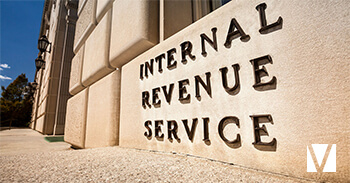
This week IRS Commissioner Chuck Rettig testified before the Senate Finance Committee that the projected tax gap or the difference of what is actually paid versus what is owed may exceed $1 trillion annually. This revelation follows reports that the top one percent of earners fail to report about 20 percent of their income.
Not surprisingly, this news has added momentum to the recent Biden administration proposal to increase the IRS budget by over 10 percent, increase hiring and invest in technologies. These moves are designed to reverse a decade-long trend in IRS budget cuts and staffing decreases. With the increased funding, the IRS will target privately held businesses and high-wealth individuals, many of whom have substantial amounts of unreported income per research estimates.
Among the areas cited as drivers of the tax gap are the rise of cryptocurrency, the use of abusive tax shelters and strategies, unreported foreign accounts, and the cash or underground economy.
The IRS has already announced several initiatives targeting offshore holdings and cryptocurrency. Every IRS examination now explores these areas with direct and pointed questions to the taxpayer.
Taxpayers with questions or concerns about their tax and financial filings are well-advised to seek competent tax counsel before they are contacted by the IRS. Several programs and strategies can provide closure and peace of mind.
Please contact the Varnum Tax Team with any questions.

